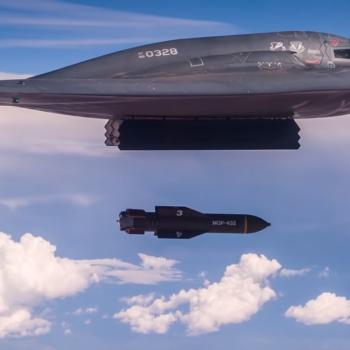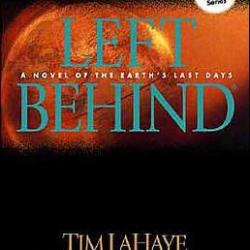Somalia—Saturday, Aug. 6, 2011—While we were waiting at the hotel at 8 a.m., we were informed that there might be a delay. Two hours later, there was still no explanation provided. I took a Somali colleague aside and asked what was keeping us back. He softly whispered that we were still trying to get permission to do the food distribution.
"What permission? From whom?" I asked.
He smiled and responded, "From the local warlord whose area the internally displaced persons (IDP) camp is located in!" Finally an understanding was reached and we started the day.
While we sped through the unpaved roads of Mogadishu with ramshackle houses on both sides, I wondered how the population survives in this city without any infrastructure. When our SUV came out of the neighborhoods, the beautiful coastline appeared in front of us. The peaceful green sea was a relief to my eyes. Finally our vehicle came to a halt at the entrance of the IDP camp we were about to
visit.
When I stepped put, I was accosted by a strong stench which brought me back to reality.
"What smell is that?" I asked my Somali colleague. He pointed across the street; there were several piles of desiccated cow skulls and animal remains, behind which were a few whole carcasses. Apparently this used to be a slaughterhouse, or rather a slaughtering field (by the beach) to prepare meat for the city. The carcasses might have been the animals that did not survive or that did not have enough flesh on their bones for the owners to sell.
A few yards away, there were disorganized rows of huts that housed IDPs. There were insects, birds, and animals eating the cattle remains; there were people making their last attempts to survive in these extreme living conditions. This field was probably given to people who recently arrived to the city from drought stricken areas to set up their new homes.
We quickly completed the food distribution that had been organized, and then got back into the cars to avoid the overpowering stench. As we rushed to the airport to catch our flight to Wajir (Kenya) the sky turned gray and a heavy downpour started.
Isn't rain what everyone had been praying for? Dry weather is what drove the tens of thousands of IDPs to end up in the city. Now that they were here, having no sustainable shelter, along with unhygienic living conditions, this weather is not welcome. The rain continued throughout the afternoon.
In the evening I called a member of our group, a medical and emergency health practitioner, who had accompanied us to Mogadishu and had stayed behind to serve at a local hospital. Not surprisingly, he confirmed that water had collected all over the city. An outbreak of cholera and acute respiratory infection was expected within the next 24-48 hours in the camps.
Looking back, the challenges of supporting the IDPs might not be insurmountable. The humanitarian relief community has the capability; developing willingness is still in progress!
Crisis is Acute in Kenya Too
Kenya—Monday, Aug. 8, 2011 - On Friday night, I was reflecting on my visit to Mogadishu while sitting in the garden of a guesthouse in Wajir (Kenya). Since we had arrived from Mogadishu close to sunset, I had not had the chance to look around the area.
As I was typing on my laptop, a cool breeze finally started flowing after a hot day. The manager of the
guesthouse, Abdifatah, came and sat with me. After formal introductions, I inquired about the living
conditions in Wajir. As the discussion proceeded, it became obvious that the conditions here were not
much different than what the media had been reporting about Somalia. The drought had taken a huge
toll on the people in Wajir also. Abdifatah kept talking for more than an hour. Of the many things that
he said, a few stuck out in my mind.
"We have been subject to droughts many times in the last few years—no one ever helps us in preparing for the next one. Why don't people pay attention? This drought is having the same impact on our
community as on anyone else! You hear a lot of attention is being paid to Somalia now, but why not
help us the same way? My community is also ethnically Somali! Plus, weather knows no country
borders!" he said.
The next morning when we set out to visit the region, it immediately became clear what Abdifatah had
been referring to. The miles and miles of semi-arid desert that we passed through had nothing but dried
vegetation. The bushes and trees were still there, but brown in color; all dried out—nothing was green. A lighter brown color marked the several-feet-tall termite hills that could be seen everywhere. There were only dirt roads; without a four-wheeler, traveling on foot or on animal were the only options.
There was not a single human being in sight once we had left the small town of Wajir, which also did not
have any paved roads.




